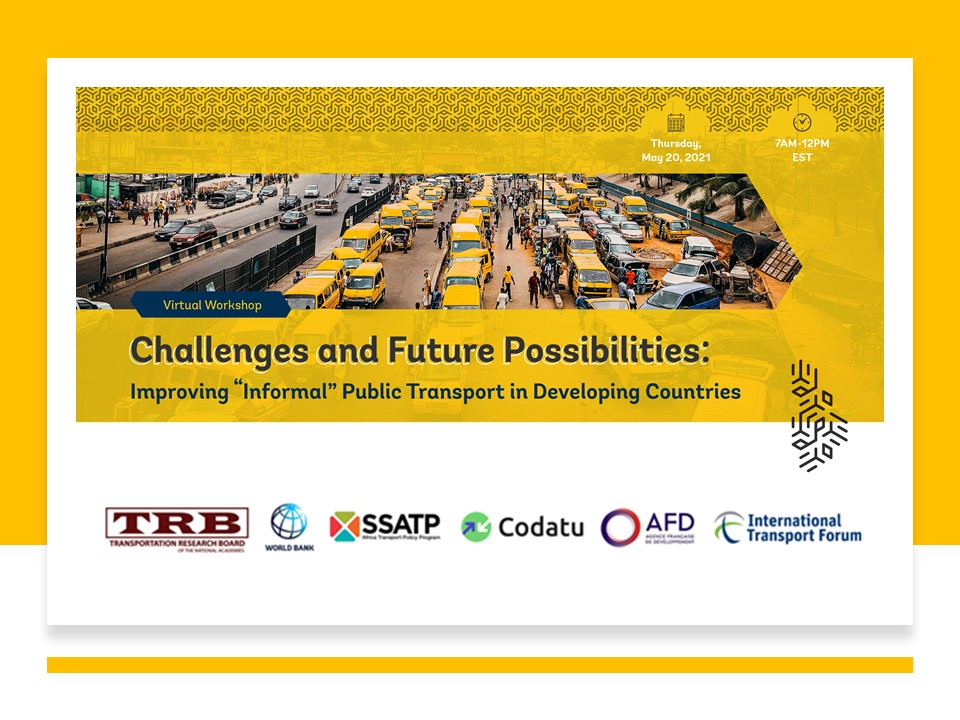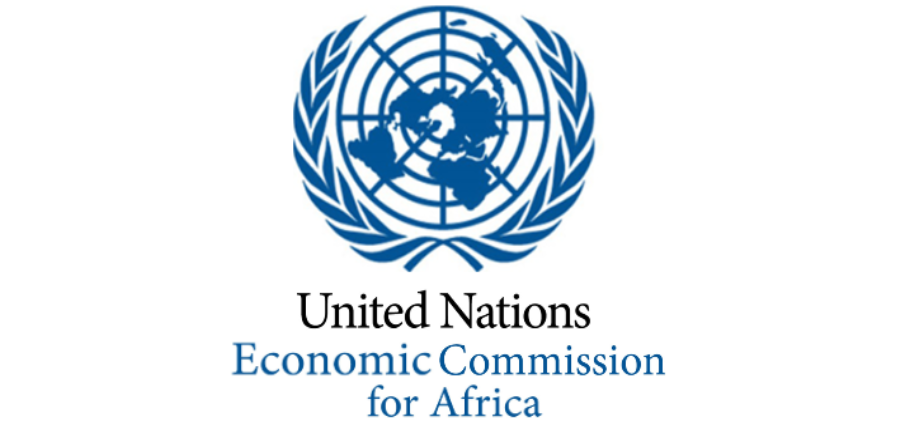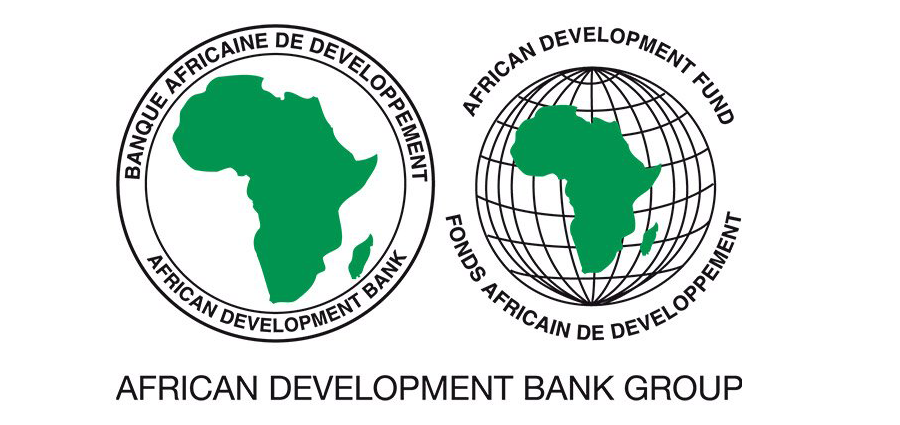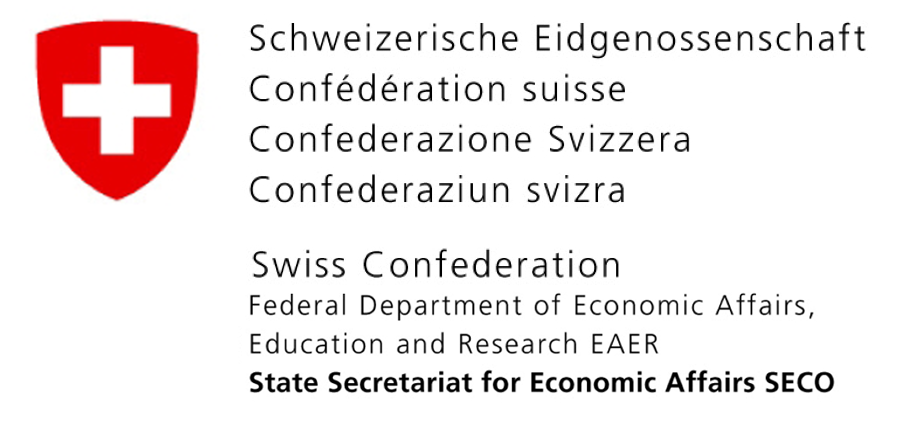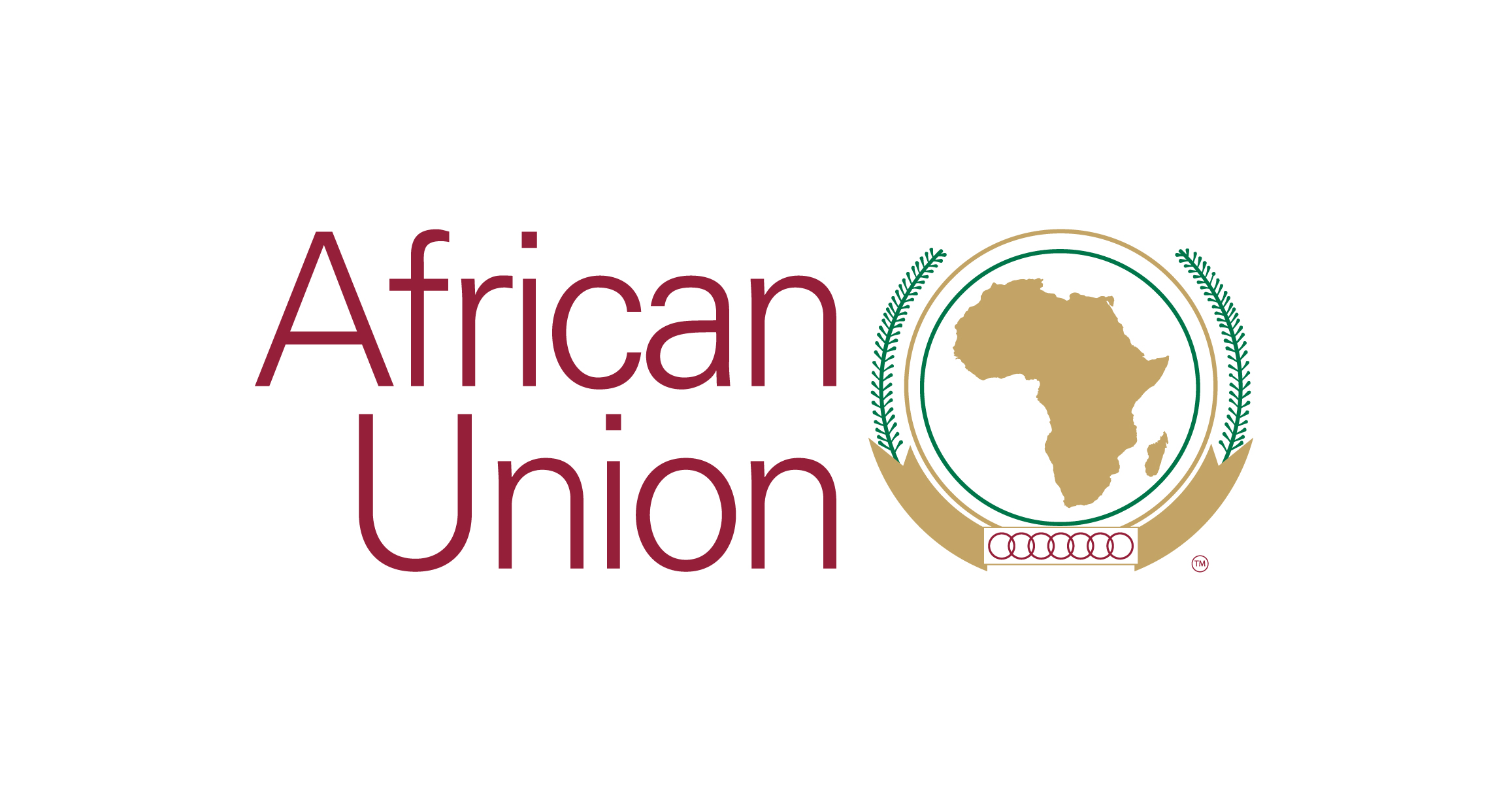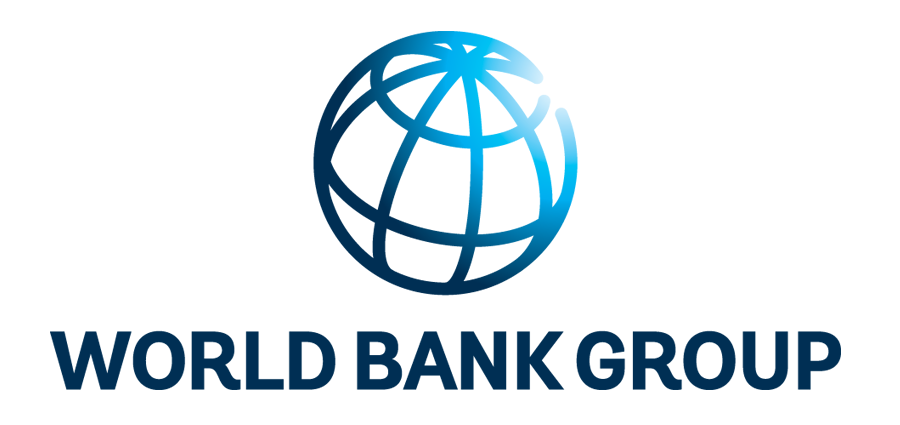Virtual Workshop on Improving "Informal" Public Transport in Developing Countries
In developing cities, particularly small-to-medium size ones, “informal” public transport or “paratransit” is the main means of personal transportation. The informal public transport sector provides irreplaceable and usually affordable mobility and access, particularly for the poor. It is also a significant source of employment, particularly for migrants from rural areas without the skills or connections to get other jobs. At the same time, the sector suffers from many problems. The “good and the bad” aspects of informal public transport and the changing context have led to several questions, such as:
- What are the informal public transport sector’s service patterns, operations, and business models that cause the issues noted above?
- What are the advantages of informal public transport in a developing city context?
- In the future, what is the best role/function of informal public transport or paratransit as one in a family of transit modes?
- How can the public sector ensure the sustainability of public transit financially and strategically in the new world of social distancing and health requirements?
- How can the sector be improved or “reformed” through legal, regulatory, and other government-initiated actions?
- What is the potential for various communications and information digital technologies to address the sector’s shortcomings?
Hosted by the Committee on Transportation in Developing Countries (AME40) of the Transportation Research Board (TRB) together with the World Bank, Africa Transport Policy Program (SSATP), CODATU, Agence Française de Développement (AFD), and International Transport Forum (ITF), this workshop explored these questions given the changes wrought by the COVID-19 pandemic and new technologies.
The workshop began with a background presentation on the myths and realities of “informal” public transport, including critical definitions, based on the latest discussion paper of the Africa Transport Policy Program (SSATP): Myths and Realities of "Informal" Public Transport in Developing Countries: Approaches for Improving the Sector. Next, 4 case studies (30 minutes each) were presented with time for discussion and Q&A for each. The presentation and discussion of case studies were followed by an interactive panel discussion that synthesized lessons learned from the case studies presented and suggestions for follow-up capacity-building activities.
Presentations and discussions were delivered in English, with live translation to French.
Workshop Materials
- Detailed Agenda and Speaker Information
- Prospectus
- Meeting Summary
- Presentations in English (EN) and French (FR)
Case Study Speakers
 |
 |
 |
 |
